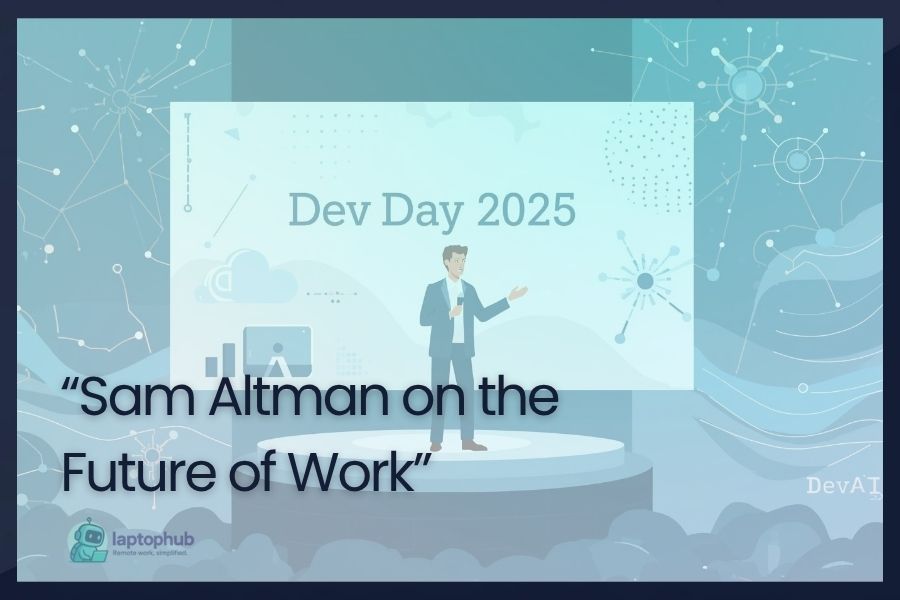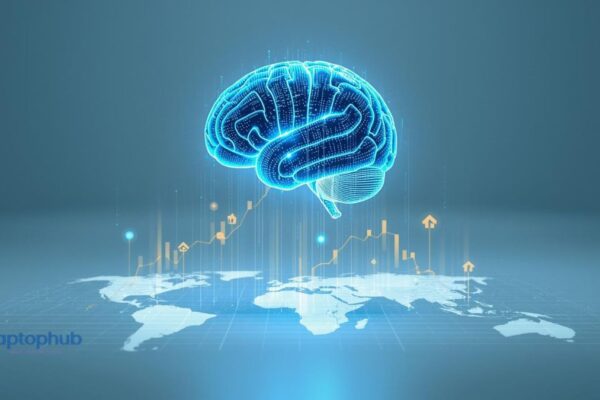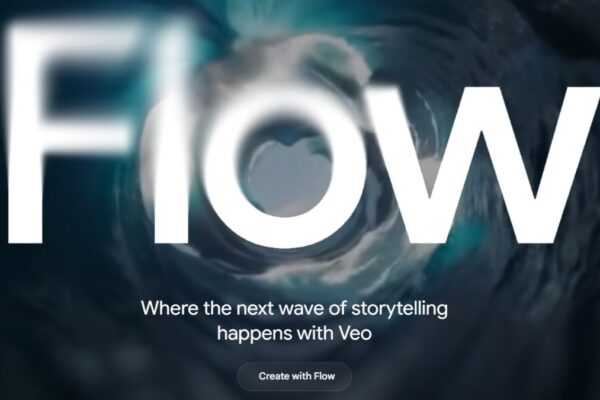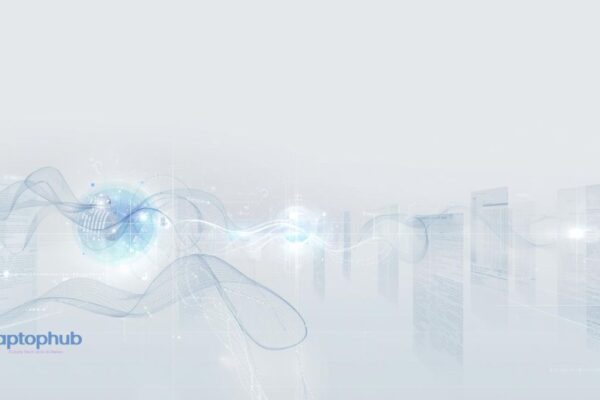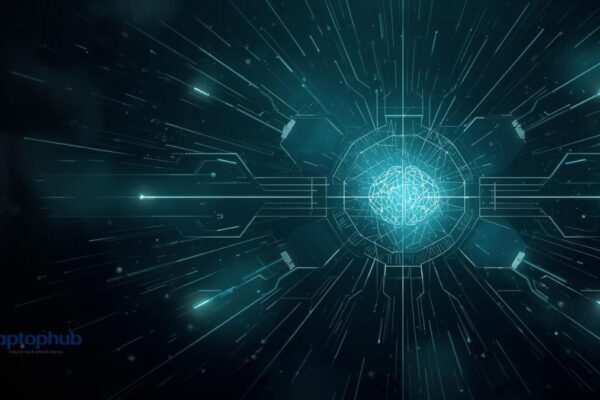At DevDay 2025, OpenAI CEO Sam Altman shared bold thoughts on the evolving nature of work in an age dominated by artificial intelligence. Speaking with interviewer Rowan Cheung, Altman remarked that many of today’s internet-based jobs aren’t “real work” in the traditional sense.
He compared this shift to telling a farmer 50 years ago that the internet would one day create billions of new jobs, a claim that would have sounded unbelievable at the time. According to Altman, the challenge lies in the fact that while new roles will inevitably emerge, we can’t yet visualize what they’ll look like. That uncertainty both eases and deepens his concerns about the future of work.
Redefining the Meaning of Work
Altman elaborated that if you told a farmer decades ago that future “work” would involve people creating software or digital entertainment, they might have dismissed it as unproductive or trivial.
He explained:
“Farming is work that makes food to keep people alive, which is real work. If we could see [those future jobs], we might say, ‘Okay, maybe our jobs weren’t as real as a farmer’s job, but at least they were more real than this game you play for entertainment.”
Altman emphasized that even as technology redefines what labor looks like, people will continue to find purpose and meaning in new forms of contribution. What we recognize as “work” today may eventually seem outdated or less tangible in an AI-driven society.
He also noted that the social contract between society and work will need to evolve, particularly if the shift toward an intelligence-based economy accelerates. These rapid transitions, he warned, can bring short-term instability, but he remains optimistic that humans will adapt and continue to seek fulfillment in other ways.
The Rise of Autonomous AI Agents
During the discussion, Altman predicted that AI agents capable of operating with minimal human oversight are not far off. He mentioned OpenAI’s Codex project, which translates natural language into computer code, and suggested that future iterations could handle complex, multi-day tasks autonomously.
However, he acknowledged that achieving such capabilities will require smarter models, longer context windows, and more advanced memory systems.
Toward Global AI Governance and Investment
When asked about AI regulation, Altman said he supports the idea of a global framework to manage the risks associated with increasingly powerful systems. He warned that the potential for catastrophic misuse of AI demands worldwide cooperation and oversight.
Altman also reaffirmed OpenAI’s commitment to investing heavily in infrastructure—possibly to the tune of trillions of dollars—for the construction of next-generation data centers. This, he said, represents a long-term investment in ensuring the safety, scalability, and sustainability of artificial intelligence technologies.

